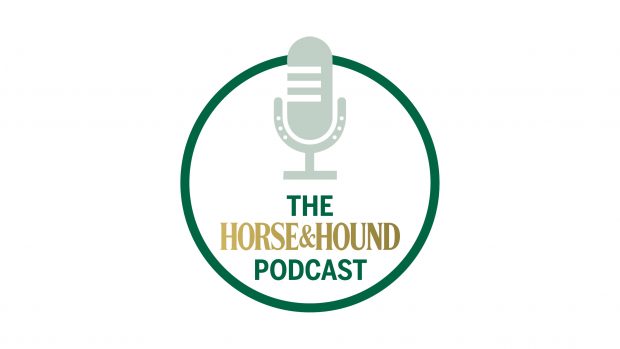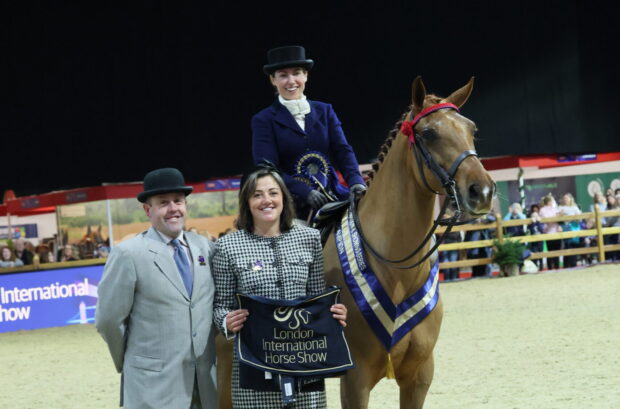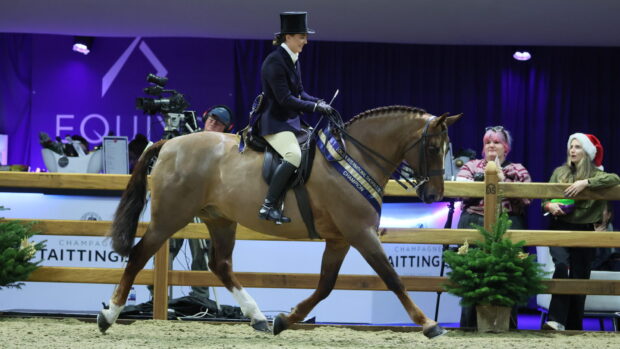Showing producer Christie Fairburn shares her experiences of how feeding horses has changed during the past 20 years
Typical feed 20 years ago
Bran, corn, oats, boiled barley, boiled linseed, horse and pony nuts, milk powder, sugar beet, Guinness, Convital R racing performance liquid (£33 for 4.5l), seaweed (for coat colour), nettles (for improving dapple colour in greys and as a detoxing diuretic) and hay
Typical feed today
TopSpec Cubes (£8.75 for 20kg), Dengie Alfa-A (£8.70-£9.40 for 20kg), TopSpec Balancer (£29.50 for 20kg), British Horse Feeds Speedi-Beet (£7.40 for 20kg), Life Date Labs Farriers Formula (£29.95 for 5kg, £57.95 for 10kg), cod liver oil, linseed oil, a good coarse mix and haylage
The show horse producer’s thoughts
Christie says: “I think in the past there wasn’t enough choice, but you did know what was going into the bucket, so could control it. Now there’s a lot of choice and it can be easy to get confused. The last thing you want to do is confuse the horse’s digestive system.
“I’d never feed boiled barley again. It used to help with toplines, but it tended to sit on the kidneys. This could lead to swollen legs.
“Tim [Christie’s husband] and I aren’t quite old school, and we try to move with the times. However, I still think it takes just as long to prepare horse feeds as it did in the past. Every horse has to be looked at individually. You can’t make up one type of feed and expect to give it to everything on the yard.
“I think the horse feed industry as a whole is much better. Everything is monitored now and horses aren’t treated so much like cattle as they used to be. I also believe you get what you pay for.
“One thing I do insist is that all the feed troughs are cleaned daily, so no mould forms.
“We switched to ad-lib haylage because we couldn’t find the quality of hay we wanted. Haylage is better for us with show horses, particularly when you want them to be clean in the wind because it isn’t dusty, and it seems to improve the coat. It is a bit more expensive than feeding hay, but can reduce the amount of hard feed you need to give.
“Roger Stack, my old mentor, always told me to keep an eye on water intake. He said: ‘A horse will always do well if he’s drinking enough’.”
Find out how other top names feed their horses in the current issue of Horse & Hound (11 October, ’07), on sale now



